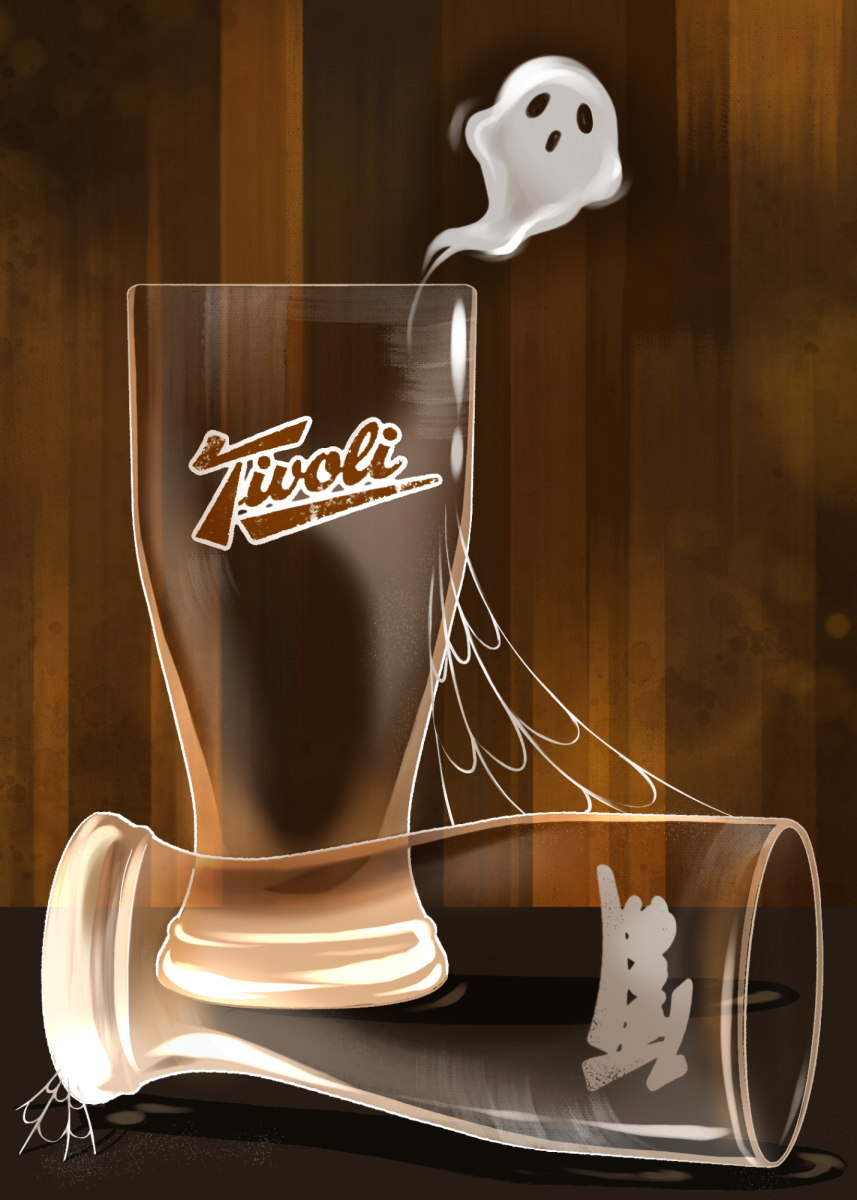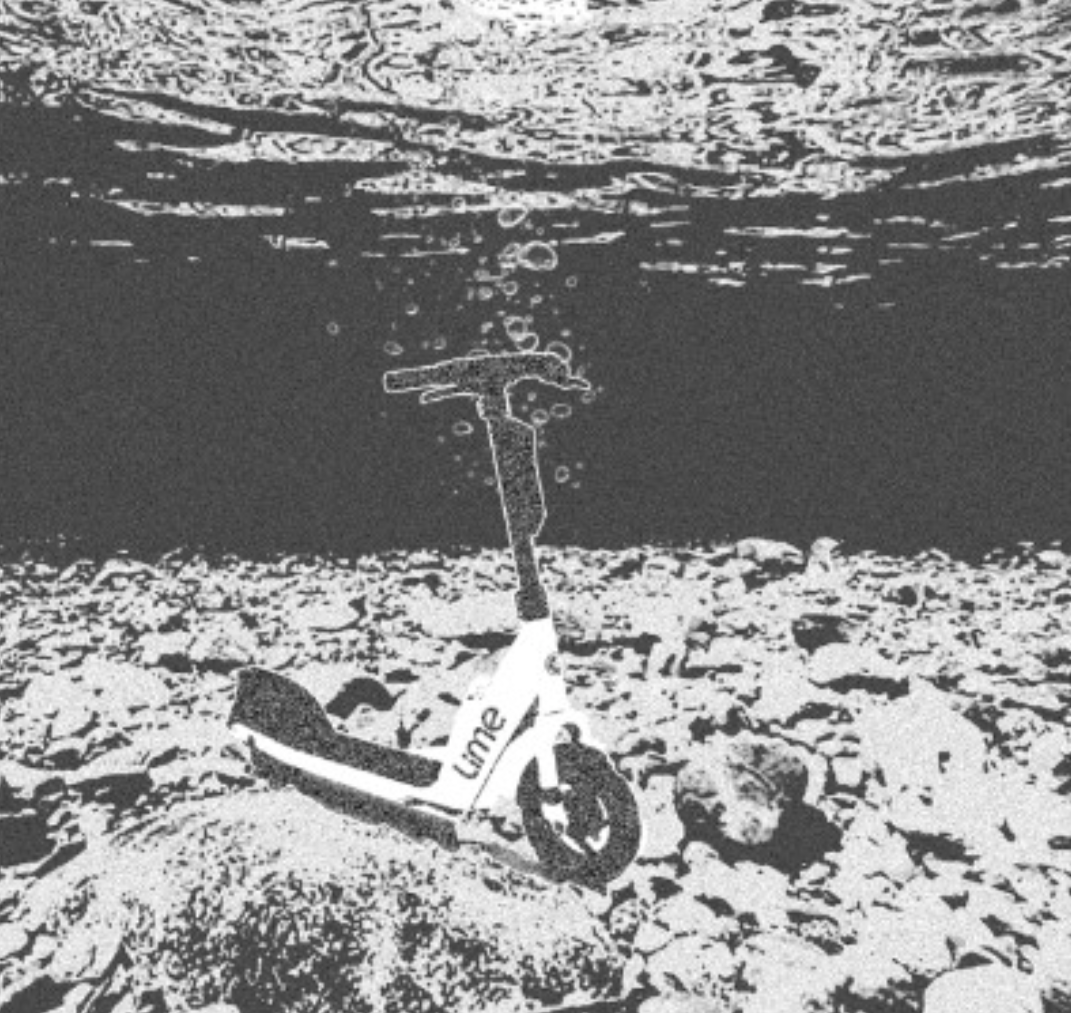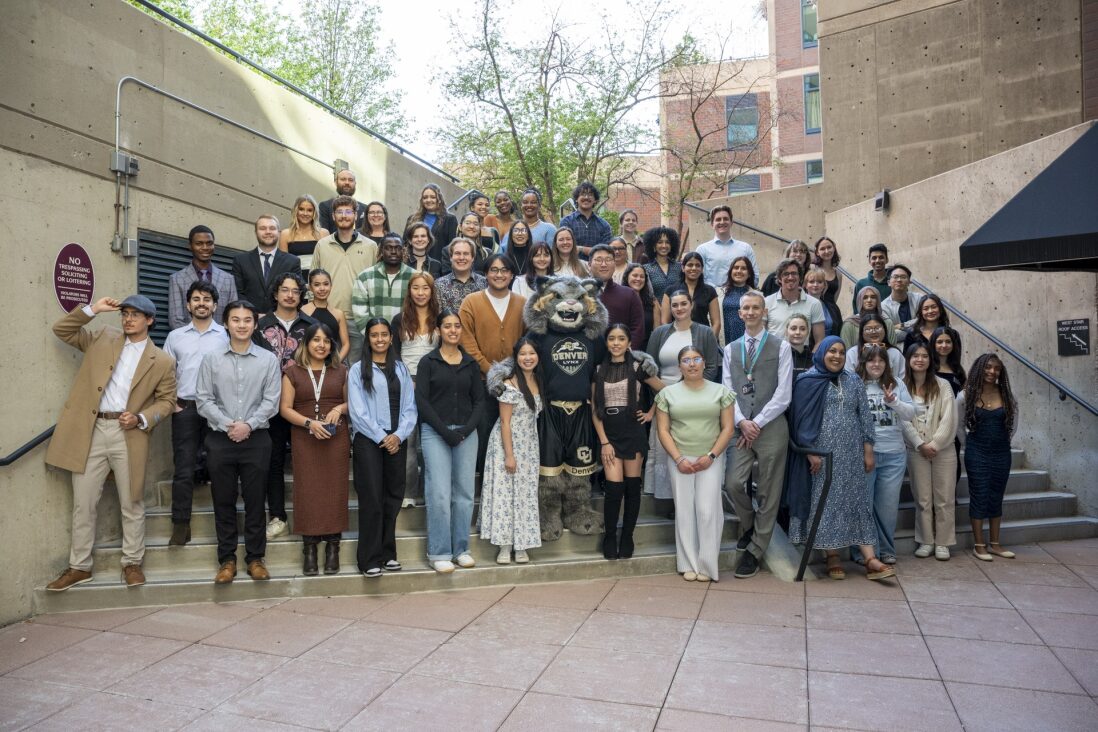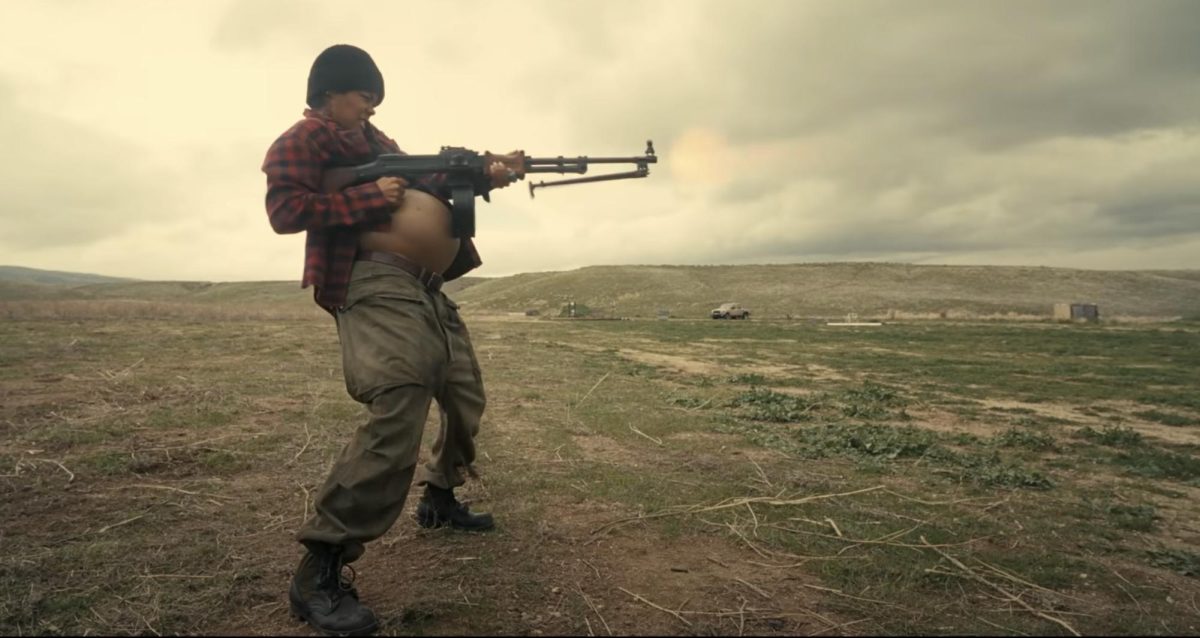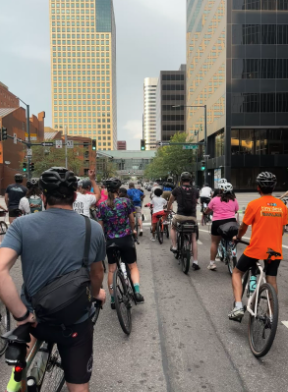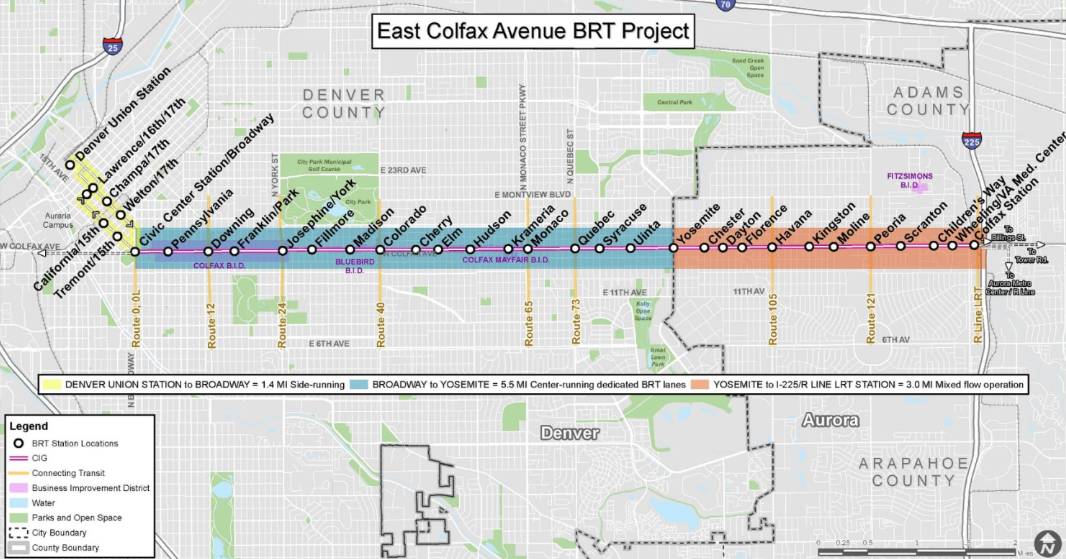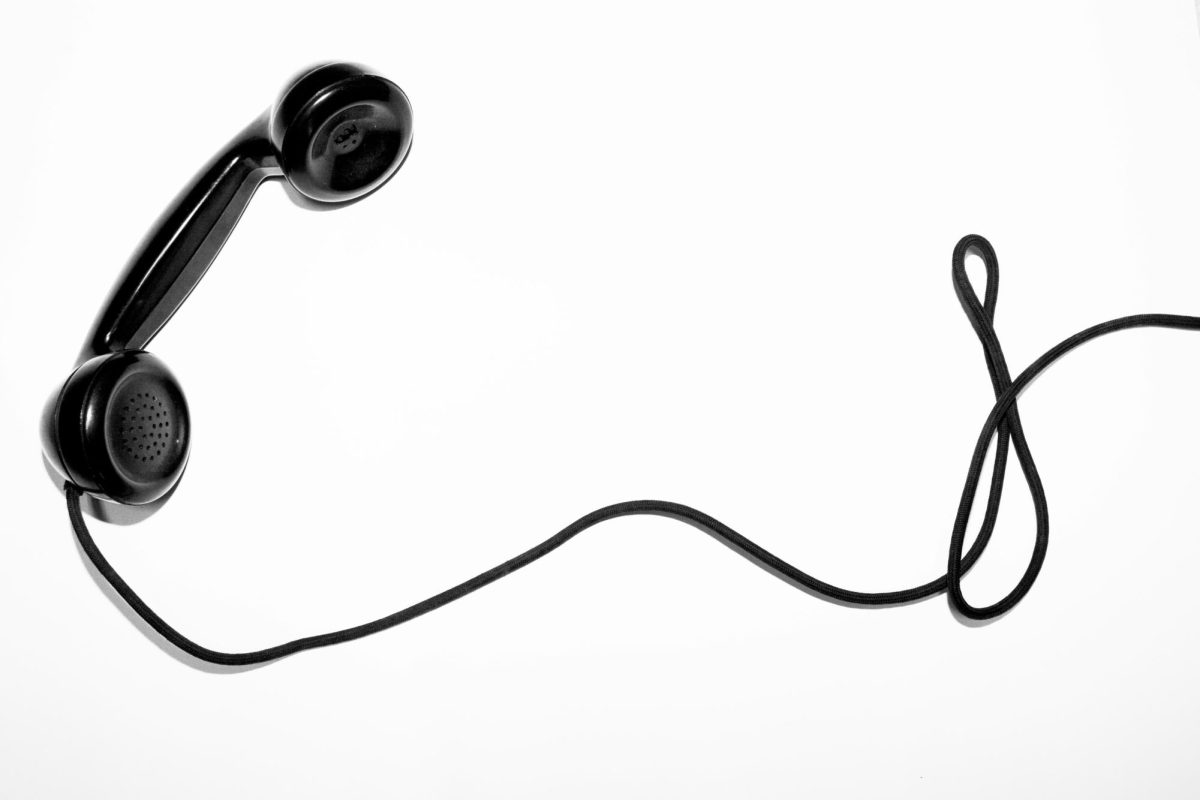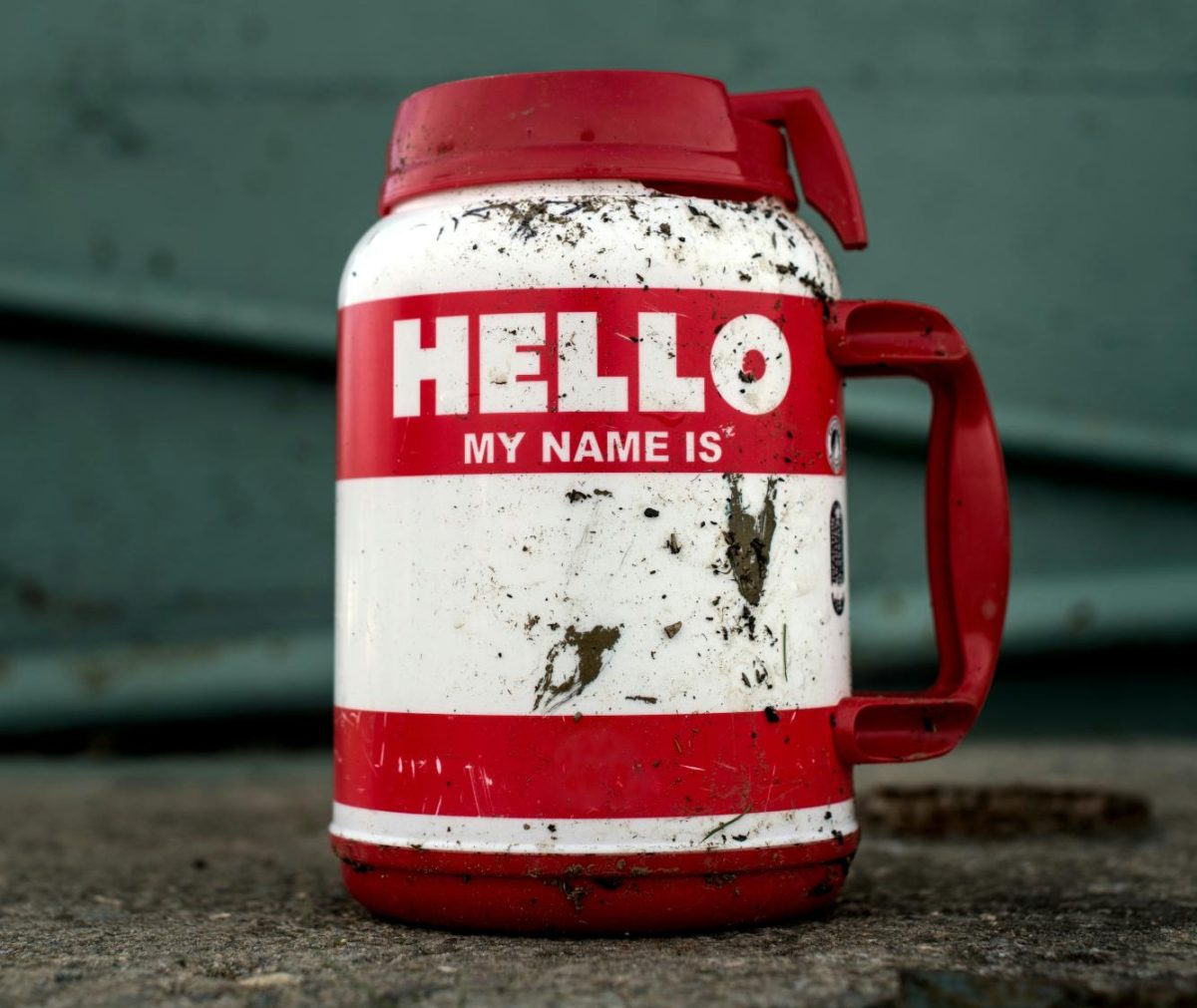When I was at work one uneventful evening, I struck up a conversation with a group of 40-something-year-olds I was waiting on. They had been chatting about how awful the ICE raids were and how worried they were about the removal of sanctuary places from cities. Given that 90% of a server’s job is eavesdropping, as I was clearing empty plates off their table, I chimed in that my roommate works at a public elementary school. Him and I had been raging about Mr. Donald Dump’s decision to revoke the solace that immigrants may have found in church, school, or other off-limit spaces for ICE when he told me that he had to attend an ICE training to understand how to properly handle a situation if they attempted to enter the school. The patrons at my job were mortified at the thought of their sweet, liberal sanctuary city potentially coming under the jurisdiction of a forceful and violent group such as ICE.
We chirped for a bit longer and I over-shared my opinions as I often do, but as the conversation dwindled to an uncomfortable stop, one of the men at the table turned his head to me. In just an instant, I saw the gears turning in his head, contemplating if the pure mouth fart that was about to erupt from him was a little “too racy” for the conversation at hand or just enough for a good bit. However, given that he was a man- a middle-aged man at that- there was nothing that could stop the sheer force that possesses the XY genotype from erupting with unwelcome opinions.
As I turned to walk away, fearing that he may think simply because he is paying for the meal and tipping me, God forbid, he would be allowed to dump whatever mush he knew was a little dicey, if not entirely unwelcome, right on my cranium.
He tapped my arm and just as the prophecy had predicted, opened his mouth and said, “As much as this ICE stuff is bad, I wouldn’t mind if those window washers left me alone for once” (cue the rest of the table erupting in laughs because hee hee ha ha what a silly joke that we all agree with but are too afraid to say because then we may expose the fact that we’re actually right-leaning moderates and then our other moderate friends will shame us).
If you have spent literally any time in Denver or in a car in the last year, you don’t really need the context for this statement. However, for those who are unaware, he is referring to the (typically) Venezuelan people who prop themselves up on major intersections with a soap + water concoction and a squeegee, usually popping in and out of traffic in search of a few spare dollars from an empathetic passerby.
While I wish I could say this behavior was far and few, I am crushed by the reality that the neoliberal curse has been here all along. Those who may possess empathy, but only to the extent that those darn window washers leave them alone, are so common it’s almost laughable. The people who shake their fist at bigotry but complain about every little inconvenience that may pollute their perfect little lives of climbing, hiking, having a 6-figure salary while working 25 hours a week, eating at overpriced restaurants, and always, always screaming “Not in my backyard!”
Enter the highly controversial Colfax Bus Rapid Transit (CBRT) project. Buckle in for this one folks because one time my sister called me “the RTD final boss” and I am going to show you why I live up to the title.
Let’s start at the beginning. The CBRT did not materialize because those damn liberals one day said, “we should make people miserable on their drive to work” and then seven days later ground was broken. The bus rapid transit (BRT) project planning started over a DECADE ago, with the department of transportation conducting thousands of surveys from both Denver and Aurora residents, evaluating extensive research data based on potential fixes and alternatives to the current bus system, and assessing how a project this large could be attained financially. Following this period, hundreds of people put their heads together to create a scheme for how to make something of this scale a reality and decide whether a project this big was necessary for those who reside in the greater Denver area. Again, these educated and capable people that work for our government came back and decided, yes, a public utility would in fact benefit those who are oftentimes smudged out of the peripheral of society.
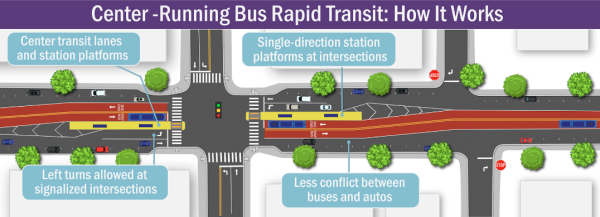
Of the estimated 130,00- 200,000 people who rely on the RTD on daily basis, roughly 20,000 of those are just on the 15 or 15L. This makes it one of busiest buses in the city, carrying residents all the way from Aurora to Central Denver in just over an hour. This main vein, while not a perfect solution to other material issues, could provide extra comfort for all types of Metro area people: a parent introducing transport independence to their child, a service worker whose shift starts during rush hour, or someone looking to avoid downtown parking fees on their way to a Nuggets game. Fast, reliable, and safe transportation is an invaluable tool that has connected many major cities in the U.S. and across the globe: Denver should be no exception to that. The tendency for many, many Americans to gush about how well-run Madrid or Berlin or Amsterdam’s public transit systems are while actively rooting against these developments in our own homes is not only mind-boggling but straight up idiotic. You know why they work so well? Because people are willing to be uncomfortable in their own lives for the betterment of many. Because they recognize the numerous benefits that can be attained through public utilities.
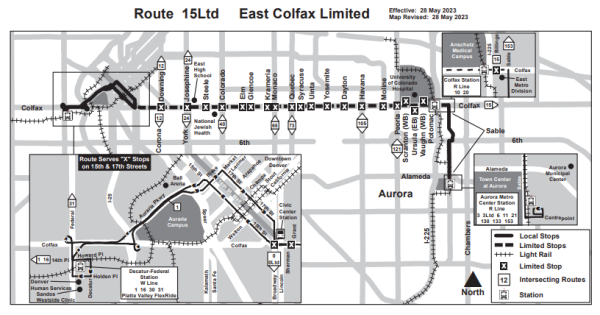
The pushback from the bus system also seems to come with a stigma around having a viable bus system instead of a subway. Being a Denver native and around the upper echelon of wealth for much of my upbringing, I have heard something close to “ew buses are for poor people, I’d never use those” more times than I could reasonably express (these same people seem to never miss the opportunity to post a photo dump on Instagram from NYC subway photos…). Besides this being wildly inaccurate and tone deaf, it exacerbates a cultural perception that buses should only be used by the lower class. The 15 and 15L run through neighborhoods across Denver that could not be more different demographically. From Capitol Hill and Cheeseman Park to South Park Hill and Montclair, the types of people that are utilizing the bus system already are from all types of backgrounds.
In East Colfax, minority residents make up 56 percent of the population and 55 percent of renters are spending more than a third of their income on rent whereas by the time you reach Broadway, the minority population is 26 percent of inhabitants and 38 percent of renters are spending a third of their income on rent. If people can access a bus like the 15 or 15L that is fast and reliable from East Colfax to Downtown, the income available to them triples from 65,940 dollars a year to over 180,000 dollars a year (based on average annual full-time earnings from each respective neighborhood). This difference is enormous: an efficient and reliable bus like the CBRT could connect those who have been subjected to lack of resources, support, and transportation to potential life changes that are worth the headache of extra traffic on Colfax.
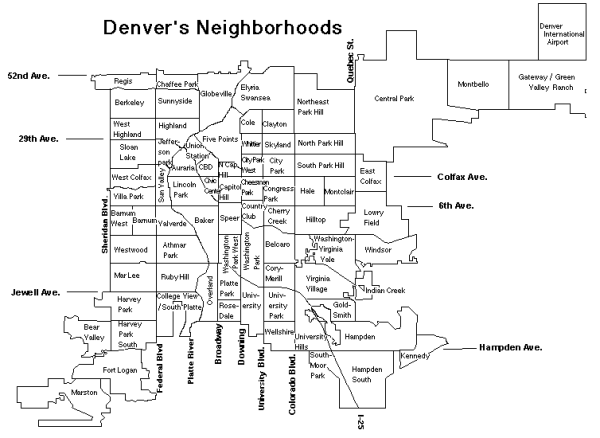
Cities that are invested in continual evolution of possibilities for those who are limited by transportation will thrive with systems like the BRT. They will provide opportunities for people who have been subjected to systemic injustices simply because of the zip code they live in and connect our fractured communities that suffer the consequences. There is necessity to recognize the real and tangible effects of something like the BRT, even if that requires slightly more effort on an individual level (i.e. ponder for ten seconds past the “what abOuT pArKinG???” questions to really stew on what opportunities this may provide).
So, here we are, stuck between a rock (people always complaining about how Denver’s public transit sucks) and a hard place (the same people complaining that Denver is trying to revamp the public transit). The BRT has the opportunity to connect our communities and provide Denverites with an opportunity for better transportation means than there was before. There are real humans who have been prevented from tools that may benefit their lives, and the BRT could close part of that gap. There are sacrifices that must be made for societies to evolve and help those who need extra support. If that means you can’t drive your 2025 BMW down the block to Starbucks because of nuisance construction, so be it.

